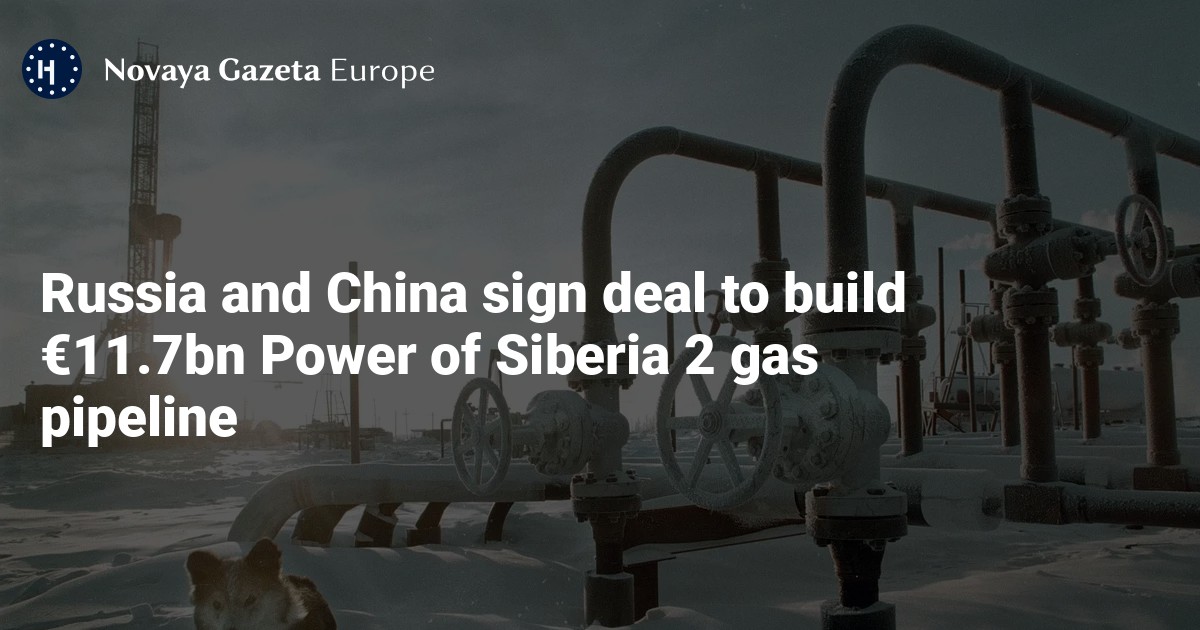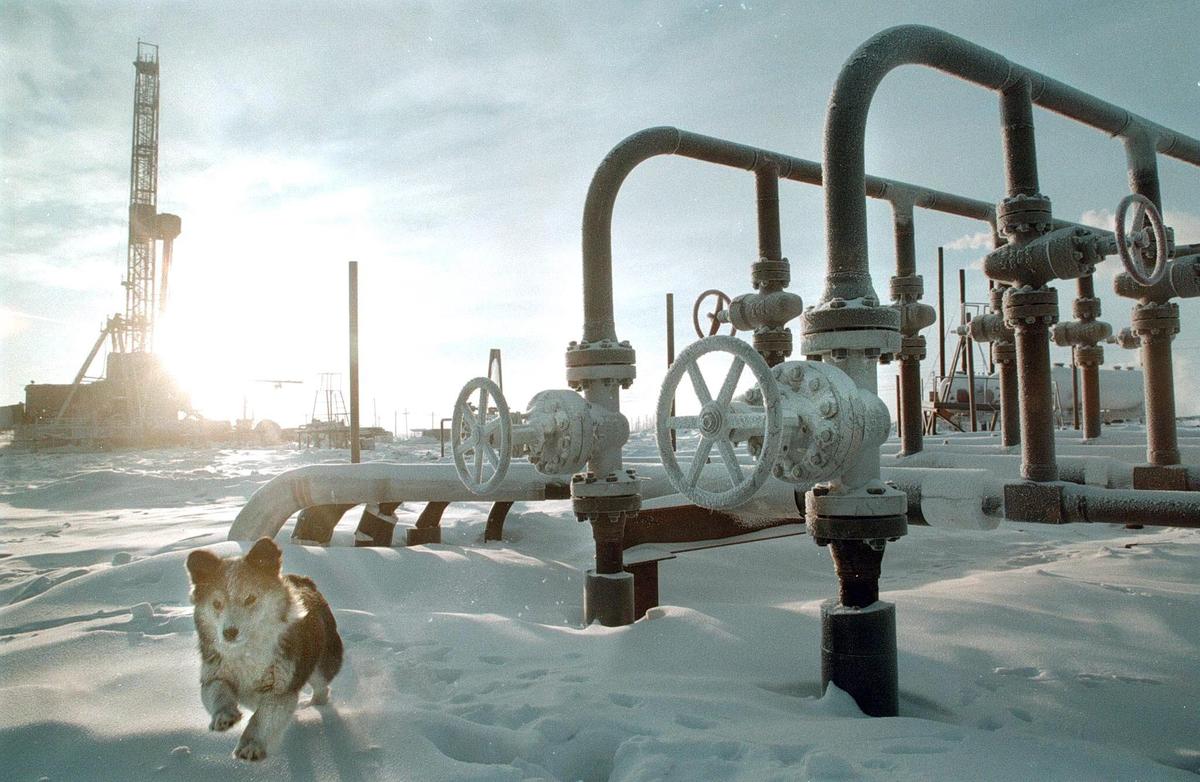




Gas fields in Urengoy, in Western Siberia’s Tyumen region. Photo: EPA
Russia and China have signed a legally binding agreement to build a new gas pipeline, The Power of Siberia 2, to deliver gas from Russia to China via Mongolia, the head of Russia’s state-owned energy giant Gazprom told journalists in Beijing on Tuesday.
According to Gazprom CEO Alexey Miller, the pipeline will provide up to 50 billion cubic metres of gas (bcm) to China annually for 30 years, at a lower price than the company currently charges its customers in Europe, Russian state-owned news agency TASS reported on Tuesday.
Gazprom will also increase the export capacity of the existing Power of Siberia pipeline, which currently has a maximum capacity of 38 bcm, by 6 bcm, Miller added.
While Beijing has yet to confirm the signing of the agreement, China’s state-owned Xinhua News Agency reported on Tuesday that Russia and China had signed over 20 cooperation agreements, including some related to energy, according to Bloomberg.
The signing of the deal marks an apparent end to almost two decades of negotiations between Beijing and Moscow, with talks over the infrastructure project frequently stalling due to disagreements over gas pricing and the financial terms of the pipeline’s construction.
In late June, The Wall Street Journal reported that Beijing’s interest in the Power of Siberia 2 project had increased in the wake of the Iran-Israel war, due to concerns over the reliability of energy supplies from the Middle East.
Still, a breakthrough on the €11.7-billion pipeline had not been expected during Vladimir Putin’s three-day visit to China for the Shanghai Cooperation Organisation, with China having previously preferred to purchase more Russian gas via existing pipelines instead, Reuters reported on Friday.
First proposed in 2006, the Power of Siberia 2 project was designed by Gazprom to connect Russia’s West Siberian and East Siberian gas fields, and to generate competition between China and Europe over Russia’s West Siberian gas supplies.
After the EU halted most of Russian gas imports in 2022 in the aftermath of Russia's invasion of Ukraine, the project — and the broader idea of redirecting its gas exports from Europe to Asia — became a renewed priority for Moscow.
Gas deliveries from Russia to Europe and Türkiye, which stood at over 150 bcn prior to 2022, are expected to drop to 40 bcm in 2025, according to estimates released by BCS, a Russian financial services company.
